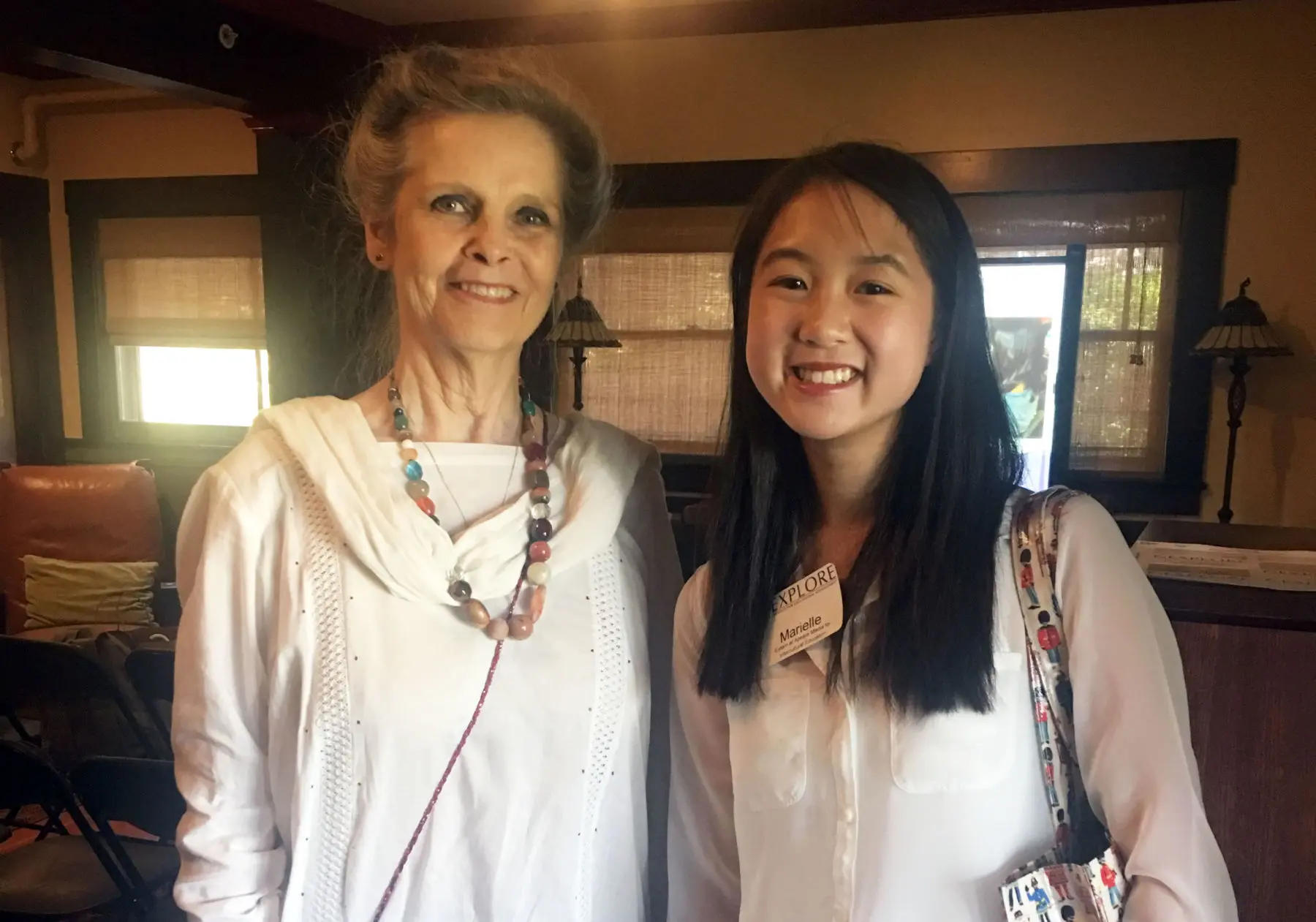by Marielle Kang, EXPLORE Extern
In July of last year, I had the opportunity to work with Dr. Amy Catlin-Jairazbhoy, an ethnomusicology professor at UCLA, at Apsara Media. I helped Dr. Amy with her work with the Sidi people, an African, Sufi minority in India. In particular, I was involved with the Sidi Literacy Project, a program that sets out to better the Sidi community through education, editing Dr. Amy’s footage from her last visit to India. Aside from working on the project, I had the opportunity to read books and watch documentaries on the group every day in an effort to understand the music and customs of the Sidi people.
During this externship, Dr. Amy has shown me that in order to serve my community and improve the world that I live in, it is imperative to understand life from the point of view of others. In understanding more about Sidi culture, I realized that the pressing matters discussed in the footage I was editing began to make more sense, as it not only presented conflict but also posed an answer to the question, “Why is this happening?” Many social injustices and violations of human rights look to “culture” as its scapegoat. Just because actions are justified in the name of culture, in the name of a god, does not make them just.
Still, there is much value and beauty in culture. Cultural practices help shape our world into a conglomerate of individuals, not a group that enforces uniformity. In order to be true to our roots, learn from mistakes of the past, and embrace where we come from, culture must be preserved. To resolve conflict in our country and in other nations, it is important to find a balance between innovation and tradition. That balance can only be established with widespread education and a genuine interest to understand another group of people.
How are we supposed to reach resolution when the question of “why?” hasn’t been answered yet? I realized that, at times, many social injustices originate from varying cultures; however, I believe that the reason they still exist and continue to spread is because of our inability to look at culture as a viable inhibitor for basic human rights. It is only when we understand this idea and step into the shoes of others that we can find a balance between culture and progress. In doing so, we can find a solution to inequality that does not impose our own value system on others, a solution that holds both culture and social justice equal to each other.
Last summer, I realized that there is a way that I can be a force for good in my community. Through the many days she’s spent watching documentaries with me, through the days she spent translating Gujarati into English with me, through the visit she brought me on to the ethnomusicology department at UCLA, and through the Sidi Literacy Project and her other research, Dr. Amy taught me that. I’ve realized that the most effective mentors are those who have challenged me to wonder why things are the way they are, to allow my passions to guide me, and to inspire others to want to do better for the world that we live in. I am so thankful to Dr. Amy for her encouragement and for opening up a different world to me.
Want to experience a hands-on externship under the guidance of an experienced mentor this summer? Apply for EXPLORE today! Applications for the 2019 program are due April 9, 2019.
Read Part 1 of this series here.

